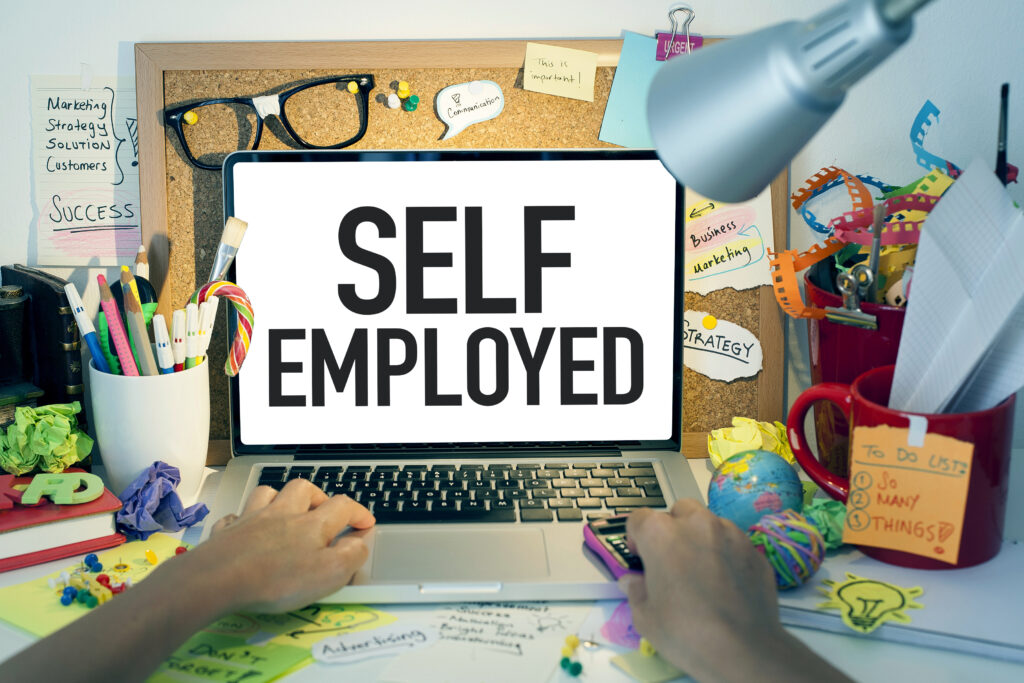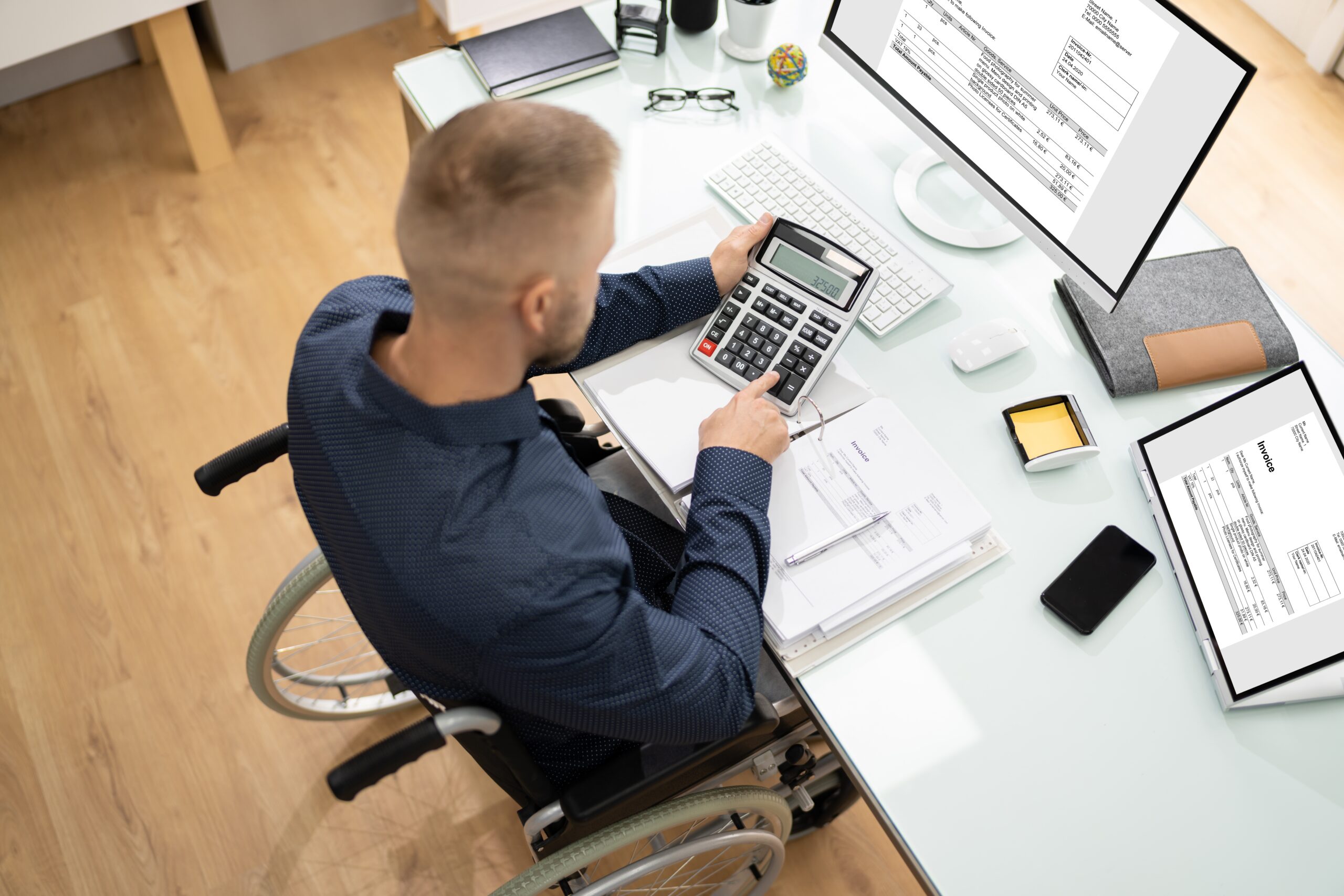How to go Self Employed

Currently, it seems like we can’t catch a break in the UK. After two years of a pandemic, we’re now being faced with a cost of living crisis, soaring energy bills, and fuel prices that make us feel like we are literally burning money.
It might be surprising to hear this given how uncertain things may be feeling, but there has never been a better time to go self-employed than right now!
Why become self-employed now?
Having a steady job might seem like the safest thing at the moment, but think about it – when you have a job, you only have your salary. As you are faced with rising costs, your salary is unlikely to rise in line with those costs, so you either have to work overtime for an hourly rate (if that is an option) or cut your costs elsewhere to pay your bills.
When you become self-employed, the sky is the limit. You can work as many hours and take on as many customers as you like. You can also charge the market rate (or above!) to make your money. The best way to combat rising costs isn’t to cut your expenditure in other areas, it’s to earn more money, and going self-employed lets you do that on your own terms.
How do I become self-employed?
The beauty of going self-employed is that it’s really easy to start. Most people start their self-employment by trading as a sole trader. You’ll need to register with HMRC and, ideally, have a separate business bank account (although, as a sole trader, there is no legal obligation for you to have one). Registering as self-employed is quick and easy – all you need to do to do that is tell HMRC that you have started your self-employment within 12 weeks of earning your first money from it – simple!
From then on, you’ll need to make sure that you do your self-assessment tax return for HMRC each year and be aware of the upcoming changes to self-employed taxes through the Making Tax Digital rules that mean you’ll have to file more regular tax returns with HMRC.
Despite the admin burden that self-employment might bring, becoming self-employed can be hugely rewarding. And let’s not forget that an accountant like Mazuma can easily deal with the accounts and tax side of being a sole trader – we’ll make sure that your self-assessment tax return is filed on time, every time, and support you throughout your self-employed journey.
Becoming self-employed
When you’re self-employed, you pay tax on your trading profits – not your total income. To work out your trading profits, you deduct your business expenses from your total income. This is the amount you’ll pay tax on.
Most sole traders find it tricky to figure out what is and isn’t an allowable deduction from their trading income – tax rules can be famously unclear! So that’s where having a good accountant comes in – we’ll make sure that you pay tax in the most efficient way for you, as well as let you know how much national insurance you need to pay and when.
What about a Limited Company?
Let’s talk briefly about business structures. When going self-employed most people start off as a sole trader, but there may be circumstances where trading through a limited company is better for you. A limited company is much more complex than a sole trader and has many more filing requirements. For example, withdrawing money from a limited company for yourself can be difficult – you’ll need to assess how you get paid through payroll, dividends, a director’s loan account, or even at all!
There are tax and national insurance implications to taking money out of your limited company each tax year, so it’s important to understand what you’ll need to pay. Therefore, if you’re becoming self-employed and think a limited company might be the best way to run your small business, please speak to us first.
Tops tips for going Self-Employed
Starting your own business in the UK can be extremely exciting and empowering. What better way to take control of your own destiny than by going self-employed?
But running a small business can be daunting – we know, we’ve been there! So here are our top tips for starting your own business:
- Done is better than perfect – don’t wait until you feel like everything is absolutely perfect before you launch. Just get out there and do it! You’ll learn as you go along.
- Get a separate business bank account. As a sole trader, this isn’t legally required (it is for a limited company), but it will make managing your finances much easier.
- Make sure you can get paid easily – use technology like portable card readers to make sure people pay you on time.
- Use invoicing software to keep on top of your admin – tools like those we have created in MazApp see our clients get paid much faster than those who rely on bank transfers from their customers.
- Register for self-employed taxes with HMRC asap – it’s done and dusted before you have time to forget about it when you get busy!
- Get an accountant from day one. What they charge in fees will be covered by the tax they save you, and their support is invaluable for a fledgling entrepreneur.
- Have fun! There has never been a better time to make the leap and go self-employed.
Good luck!






